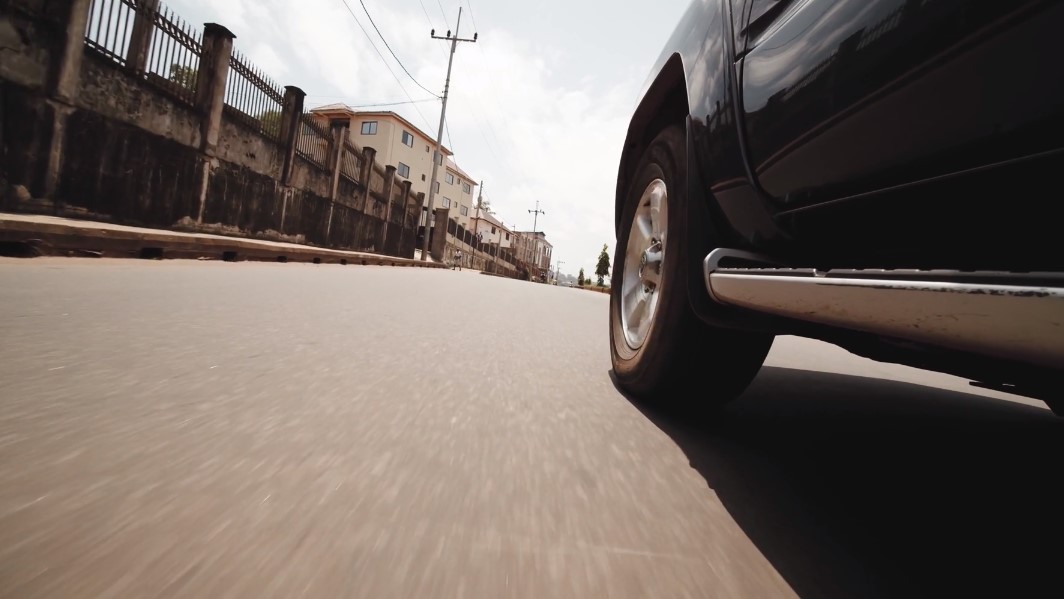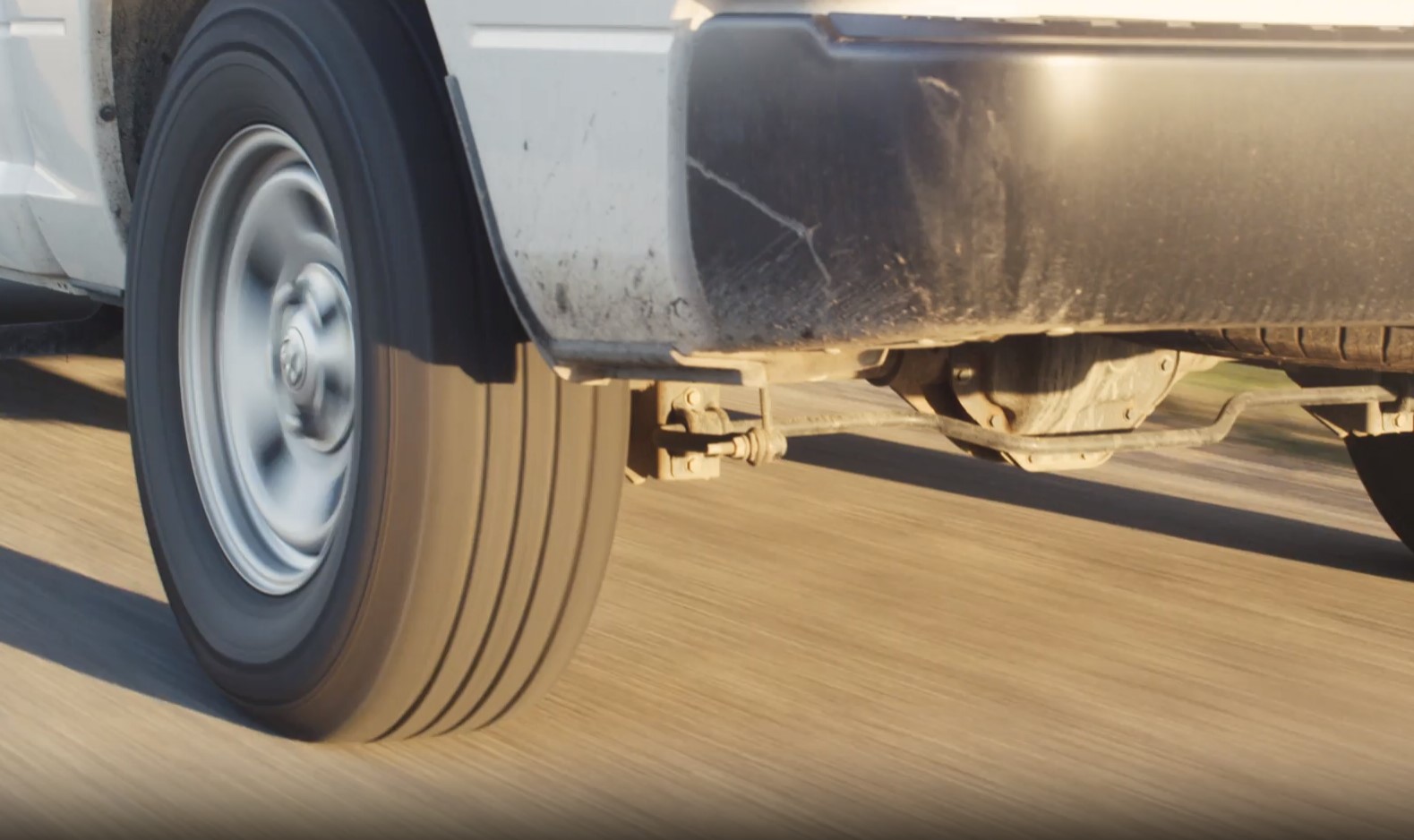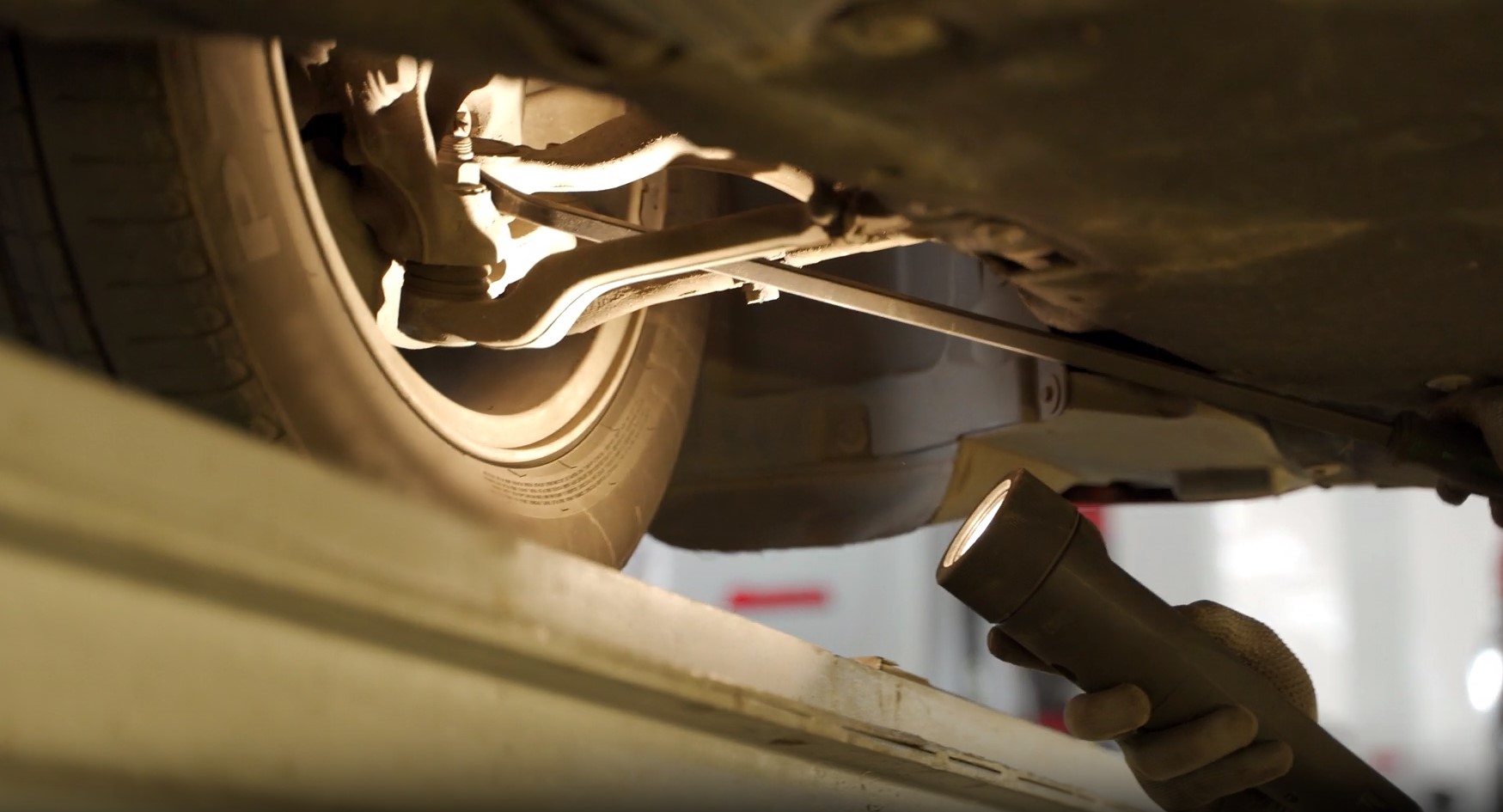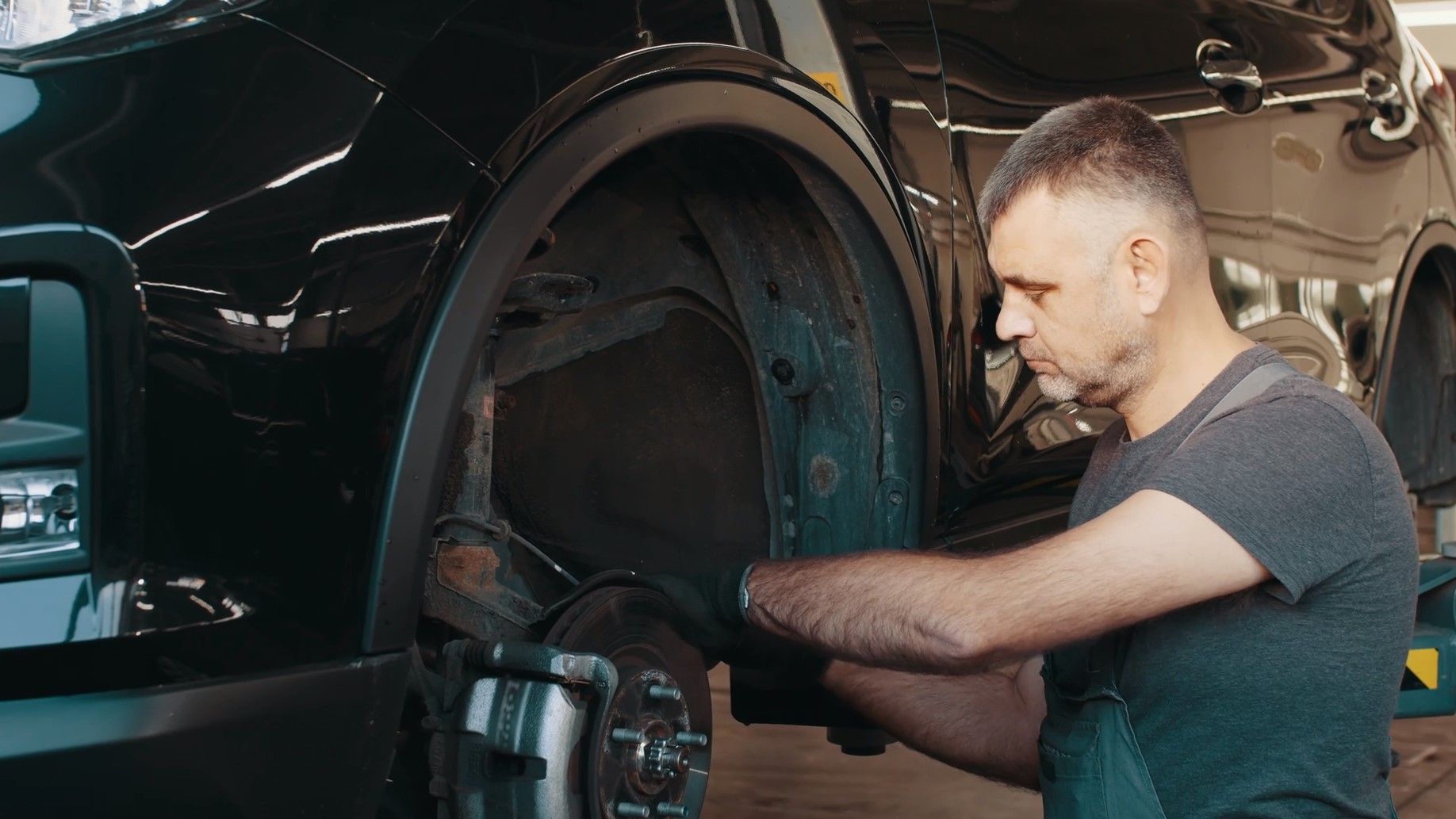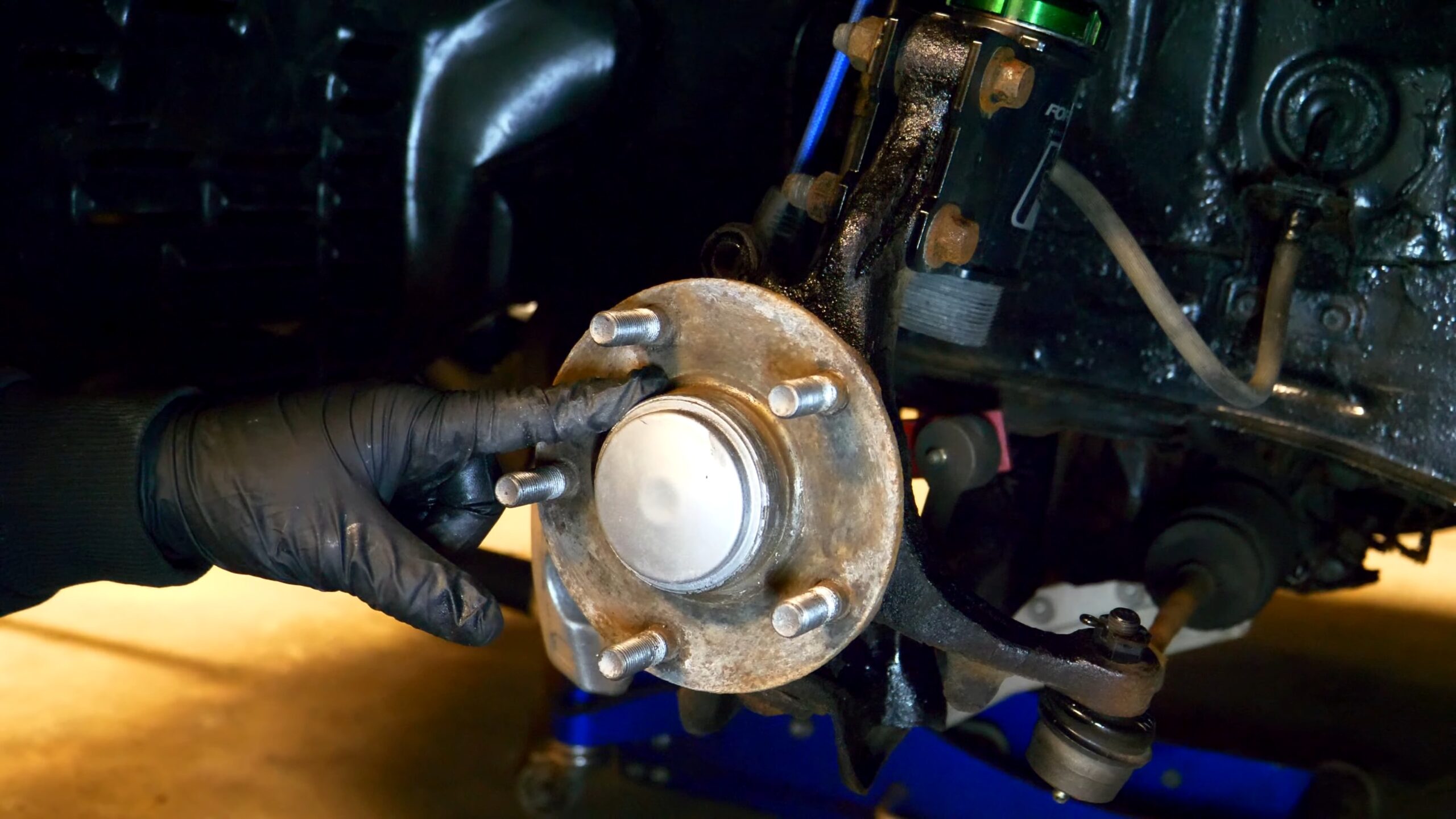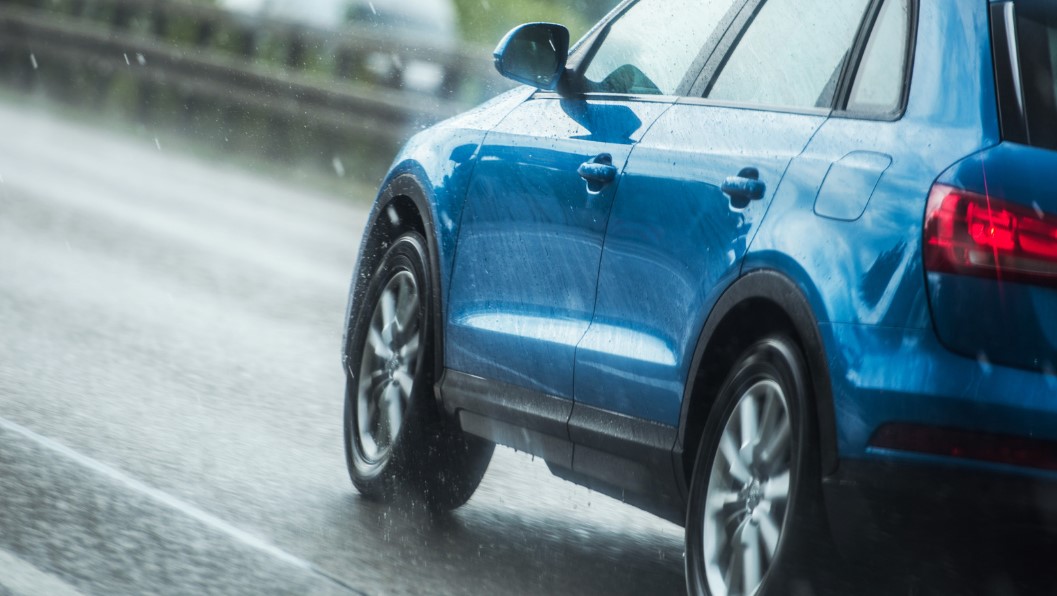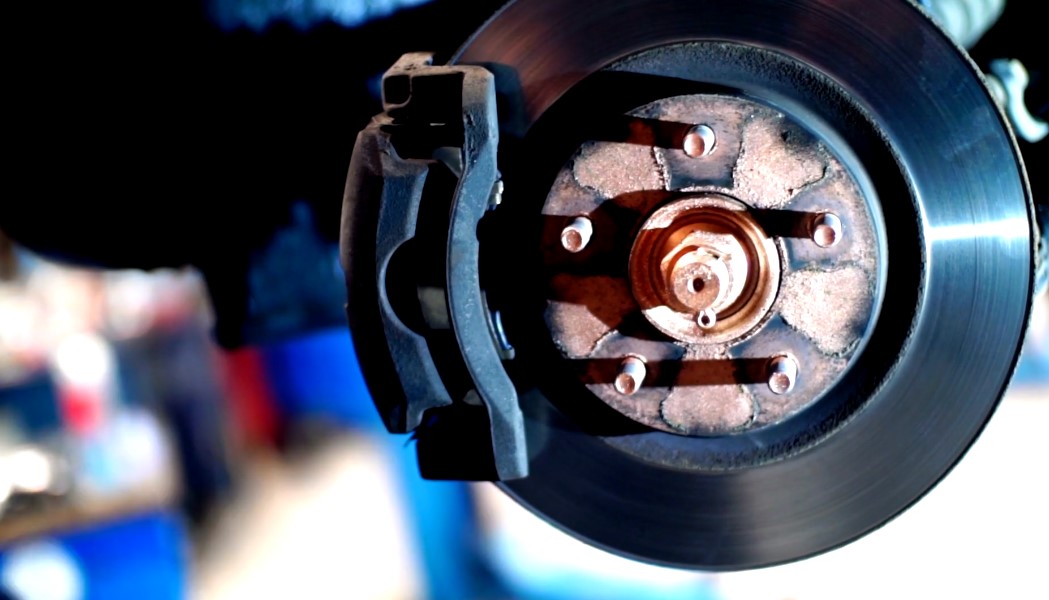When you hear your car brakes squeak as you back up, it can be disconcerting. This noise often indicates that your braking system is signaling for attention. Brakes are essential for vehicle safety, so any noises they make should not be ignored. There are several reasons why brakes can emit a squeaking sound when in reverse, including normal wear and tear, but sometimes it points to more serious issues.
Key Takeaways
- Squeaky brakes, especially when reversing, often indicate the need for maintenance or inspection to identify potential issues in the braking system.
- Key reasons for brake squeaks include worn brake pads, moisture and corrosion, debris trapped in the system, and insufficient lubrication.
- Understanding the type of squeak and conducting thorough inspections can help in accurately diagnosing and addressing the root cause of the noise.
- Environmental factors such as moisture, condensation, and cold temperatures can significantly impact brake performance, often leading to temporary squeaking sounds.
- Regular maintenance, including checking brake pads, rotors, and lubrication, is crucial for preventing serious brake issues and ensuring vehicle safety.
Overview of Brake Squeak
Common Causes
When you notice your car’s brakes squeaking while reversing, several common issues could be at play.
1. Brake Pad Movement: As you apply the brakes, the pads move in a new direction, sometimes causing a squealing sound as noted by NuBreaks.
2. Moisture and Corrosion: If you’ve parked in damp conditions, your brake rotors may have developed rust. This flash rusting commonly results in a noticeable squeal during the first few instances of braking, as discussed at Scoot’s Garage.
3. Worn Components: Aging brake parts, such as the hardware or the pads themselves, can produce noise. This wear can lead to continuous contact between the pads and the rotors, as outlined by information from AutoZone.
4. Debris: Small stones or even gravel can get trapped between the pad and rotor, leading to squeaking that necessitates a mechanic’s intervention to remove the obstructions.
5. Lack of Lubrication: Adequate lubrication on contact points between the pad and caliper is crucial. Missing lubrication can contribute to noise during braking according to CarParts.com.
Diagnosis Steps
- Inspect the Brake Pads for wear. Look for the wear indicator tab that might be contacting the rotor.
- Check for Rust on the rotors. It is often superficial and can be cleared with normal braking, but persistent rust may require mechanical intervention.
- Clean the Brakes to remove any excessive build-up of dirt or debris that could cause squeaking.
- Listen for Patterns; consistent squeaking when reversing could indicate specific issues such as worn-out pads or misaligned calipers.
Addressing brake noise promptly can prevent further damage to your car’s braking system and ensure your safety on the road. If you’re uncertain about the cause, consult a professional for a thorough brake inspection and service.
Identifying Different Squeak Sounds
- High-pitched whine: This often indicates that your brake pads may be worn and need replacement. The wear indicator, a metal tab, causes this sound when it contacts the rotor, signaling that it’s time for a brake job according to Breaks To Go.
- Intermittent squeal: If the squeal occurs spasmodically and mostly during cold or damp conditions, it could simply be surface rust on the brake rotors. This is common and typically not a cause for concern.
- Continuous squeak: If the sound persists regardless of weather conditions, this might suggest the presence of debris or a lack of lubrication on the brake hardware.
Here’s a basic guide to interpreting squeaks:
| Sound Characteristic | Possible Cause |
|---|---|
| High-pitched whine | Worn brake pads, wear indicator contact |
| Intermittent squeal | Surface rust, weather-induced |
| Continuous squeak | Debris, hardware issues |
Remember to consider the duration and frequency of the squeak. A brief squeak after a rainy night is less concerning than a continuous squeak during every reverse motion. If you’re uncertain, it’s wise to get a professional opinion, as brakes are critical for safety.
Brake Components Involved
When you notice your car’s brakes squeaking while backing up, it’s essential to understand the brake components that could be involved. Here is a breakdown:
Brake Pads: These are crucial in your braking system. The squeak is often due to the wear indicators on the pads making contact with the rotor, signaling that the brake pads are nearing the end of their service life.
Rotors: If your brake rotors are warped or have uneven wear, they can create a squeaking noise. It’s important to ensure they are smooth and even to provide a proper surface for the brake pads.
Calipers: The calipers press the brake pads against the rotors to slow your car down. If these are sticking or malfunctioning, they might not release properly, potentially leading to a squeaking noise.
Brake Hardware: Missing or damaged hardware like shims, springs, or clips could be the cause of the noise. These pieces should be intact and functional to prevent any metal-on-metal contact that could result in squeaking according to Rac.co.uk.
Moisture and Rust: In some cases, a thin layer of rust can form on the brake rotors, especially after your car has been parked in damp conditions. This can cause a temporary squeaking sound.
Diagnosing the Issue
Another aspect to consider is the presence of dust or debris. These can accumulate between the brake pad and rotor, causing a squeaking sound. Inspect and clean out any visible grime or particles.
It’s also possible that your brakes are indicating a need for calibration. This can occur when the pads do not sit perfectly aligned with the rotors.
Moisture is another common factor reflected in this Quora discussion. If there’s been recent rain, snow, or even overnight condensation, surface rust can form on the rotors. Usually, the rust wears off after a few applications of the brake, but persistent moisture-related squeaks could signal rotor degradation.
Lastly, your vehicle’s brake calipers might be the culprit. Excessive caliper vibration can produce a squeak. If calipers stick or don’t release fully, this noise could be more pronounced when reversing.
| Common Causes of Squeaky Brakes When Backing Up |
|---|
| Worn Brake Pads |
| Dust or Debris |
| Misalignment |
| Moisture and Rust |
| Sticking Calipers |
Maintenance Tips
- Identify Wear and Tear: Over time, brake pads and rotors wear down; regular checks can help you spot when they need replacing. This can prevent the squeak of worn brake pads when pressing the pedal, indicating the presence of wear indicators.
- Avoid Costly Repairs: Catching issues early, such as worn pads or low brake fluid, can save you from expensive repairs stemming from damaged brake systems.
- Ensure Safety: Your brakes are your car’s most important safety feature. Neglecting maintenance can lead to brake failure, putting you and others at risk.
- Maintain Performance: Well-maintained brakes provide consistent stopping power. Squeaky brakes could be a sign of various issues, from moisture and corrosion to misaligned components.
- Resale Value: A car with a documented maintenance history, including brakes, retains a higher resale value.
Here’s a simple maintenance checklist for your brakes:
- Brake Pads
- Brake Rotors
- Brake Fluid
- Listen for Noise
- Feel for Changes:
Temporary vs. Permanent Solutions
When you hear your car brakes squeak as you reverse, it’s important to distinguish between temporary fixes and permanent solutions. Understanding the difference ensures you address the underlying issue effectively.
Temporary Fixes:
- Lubrication: Applying a high-temperature lubricant to the back of the brake pads may reduce noise temporarily.
- Cleaning: Removing dust and debris from the brake components can quiet squeaking but may not last long.
Example of a Temporary Fix: You might experience a temporary brake squeal due to moisture or light rust, especially after your car has been parked in a damp environment. This usually clears after a few brake applications.
Permanent Solutions:
-
- Pad Replacement: Worn brake pads, especially those where wear indicators touch the rotor, require replacement.
- Rotor Resurfacing: If the rotors are uneven or worn, they may need resurfacing or replacement.
- Component Repair: Addressing any seized calipers or hardware that isn’t functioning properly.
Example of a Permanent Solution: A persistent squeal regardless of brake application may indicate it’s time for a brake pad replacement.
The Role of Weather Conditions
- Moisture: Rain, snow, and high levels of humidity can cause your brakes to emit a squeaking sound. This happens as moisture leads to the formation of a thin layer of rust on the brake rotors. Applying the brakes scrapes off the rust, which can produce a squeak. This type of noise is often temporary and should diminish once the brakes dry and the pads and rotors warm up with regular use.
- Ice Build-Up: In freezing temperatures, ice may form on the brake components. As noted by Bryan’s Garage, any water that has seeped into the braking system might freeze, causing ice to accumulate on your disc brakes and rotor blades, leading to a squeaking noise until it melts away.
- Condensation: Overnight cooling can result in condensation on the brake rotors. When you first use your car in the morning, especially if it is parked outdoors, it’s not uncommon to hear a slight squeak from the brakes as this condensation is cleared by the action of the brake pads.
To alleviate weather-related brake squeaks, consider:
- Parking Indoors: Where possible, park your car in a garage to protect the braking system from excessive moisture and temperature variations.
- Regular Maintenance: Regularly checking and servicing your brakes can help in minimizing the squeaking noises and ensuring that they are always performing optimally.
When to Seek Immediate Assistance
- Loud Grinding Noise: This often suggests that brake pads are excessively worn and you are likely hearing metal on metal, which can damage rotors.
- Brake Warning Light: If this light illuminates on your dashboard, it’s a direct signal that your braking system needs an immediate check-up.
- Pedal Issues: If your brake pedal feels soft, spongy, or needs to be pressed down further than usual, don’t delay consulting with a mechanic.
- Vibration: Feeling a pulsing or vibrating sensation through the brake pedal or steering wheel when braking is a red flag, possibly pointing to warped rotors.
Here is a quick checklist:
| Sign | Action Required |
|---|---|
| Grinding noise | Visit a mechanic ASAP |
| Warning light | Schedule an inspection |
| Change in pedal feel | Check brakes immediately |
| Vibration when braking | Get your car evaluated |
Frequently Asked Questions
Final Words
Remember, your vehicle’s brakes are a critical safety component. Regular maintenance and prompt attention to any unusual noises, like squeaking when reversing, are key to ensuring your vehicle remains safe and reliable.
Don’t ignore these signs – a small issue with brakes can quickly escalate into a more serious problem. Stay vigilant, conduct regular checks, and consult with professionals when in doubt. Safe driving begins with well-maintained brakes.
Disclaimer
The information provided in this document is for informational purposes only and is not intended as a substitute for professional advice, diagnosis, or treatment.
While every effort has been made to ensure the accuracy and reliability of the information, the author and publisher do not assume and hereby disclaim any liability to any party for any loss, damage, or disruption caused by errors or omissions, whether such errors or omissions result from negligence, accident, or any other cause.

